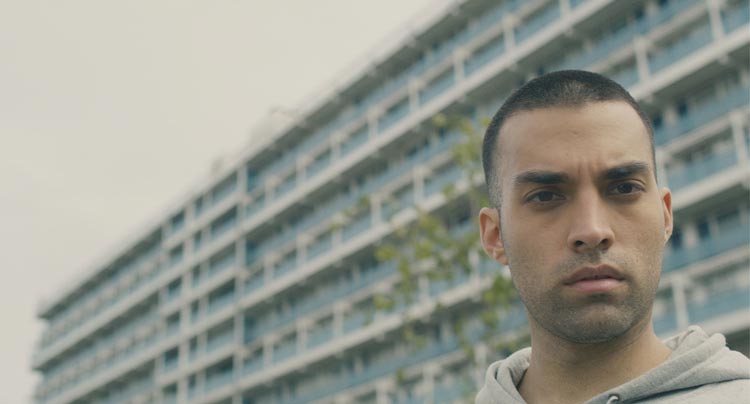
This Londoner's gangland drama features much more than meets the eye.

This Londoner's gangland drama features much more than meets the eye.
My Brother the Devil, director Sally El Hosaini’s first feature length film, takes us deep into the heart of London’s housing projects. We follow the story of two brothers, Rashid and Mo (played by James Floyd and Fady Elsayed, respectively) in an Egyptian immigrant family. Rashid, the elder, is a drug dealer with local gang DMG; he enjoys the fast-paced lifestyle, the drinking and parties, but still manages to contribute some of his earnings to his parents’ household. His idolizing younger brother Mo, hoping to gain Rashid’s respect and approval, wants to join the gang and follow in his brother’s footsteps (much to the elder’s chagrin). Yet while Rashid is hesitant to allow Mo to participate, it seems that he himself has no plans of ending his gang affiliations anytime soon.
Things seem to be going along just fine–until one of Rashid’s friends is unexpectedly killed in a gang fight. Suddenly Rashid is faced with the responsibility of carrying out a retaliatory killing. Despite his genuine rage and indignation, at the last minute he backs out of the job. Rashid withdraws and starts a process of reflection, while Mo only gets more and more involved in the gang — but now without the mitigating effect of his elder brother.

It’s at this point the story really gets going — tackling subjects as diverse as race, religion, and queer identity while pushing along a dramatic, powerful narrative, My Brother builds beautifully to its conclusion. Without giving away any details, the film is both contemporary and relevant in its subject matter, offering much more than a cautionary tale against the dangers of urban gangs (a la Boyz in the Hood). The story has a narrative stopping power as good as any classic drama. That, along with solid performances by both Floyd and Elsayed, makes for a pretty potent package.
On the downside, the film’s plot development verges on excessively complicated, and leaves you distractedly guessing which direction the film is going in. While initially this might make the movie fresh and exciting, when you finally realize what’s going on, the narrative comes across as more muddled than multilayered, and could have used some serious simplification. The film surely bends the cautionary gangbanger film genre — yet its lack of crispness, along with a disappointing reliance on some predictable clichés (not least of all when Rashid offers to sacrifice himself so that his younger brother can leave the gang, unbeknownst to Mo himself), takes away some of its ‘oomph.’ Regardless, My Brother the Devil remains a great film, and well worth seeking out.